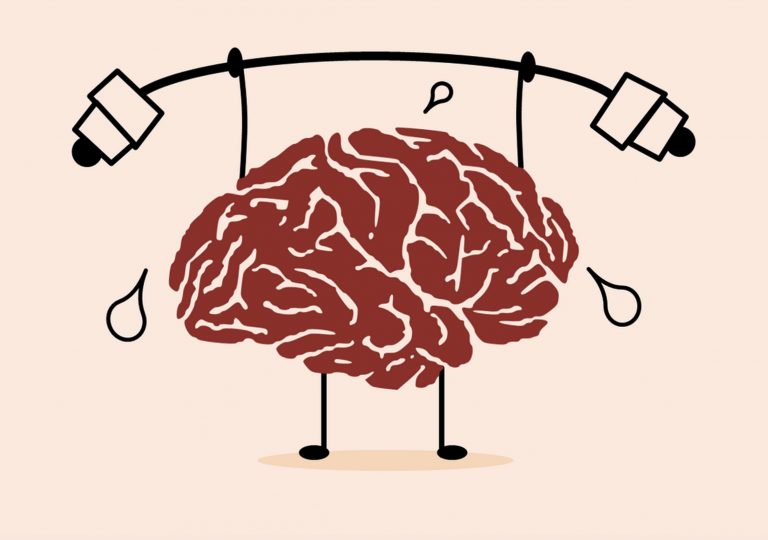In simple terms, mental health may be described as a situation of welfare whereby a person realizes his/her full potential. It encompasses our emotional, behavioral, psychological, cognitive, and social well-being. If one of these aspects is out of balance, our mental health can tip off-center. They all influence, in a great way, how one feels, thinks, behaves, and relates to others.
Mental health in families creates a life where you, your spouse, and your kids can find peace amid chaos. This way you can all handle all the stresses, trials, disappointments, and failures that life throws at you. One thing to keep in mind when it comes to mental health is that you shouldn’t be ashamed of asking for help. If anyone in your family is feeling overwhelmed by emotions and isn’t feeling good about him/herself, you need to seek online counseling for families. The earlier you start taking care of your family’s mental health, the better it will be for all of you. This will help you all maintain healthy relationships; resolving conflicts, communicating, and accepting corrections.
Story Stages
What positively affects mental health in families?
Mental health is important for families to function and positive interactions can create a beneficial environment for each family member.
Here’s how you can contribute positively to the mental health of your family members:
- Provide healthy meals
- Genuinely listen to others’ concerns
- Encourage spirituality regardless of religious beliefs
- Discourage use of drugs and alcohol as these inhibit brain function
- Words of affirmation. Let your family know how much they mean to you.
- Protect your family members from all forms of physical, emotional, and sexual health
- Ensure that everyone gets enough rest. Our brains can’t function properly without enough sleep
- Exercise and play together. Every one should find activities and hobbies they’re passionate about
- Watch how you act around your kids because they’re always watching and imitating adults’ behavior. Positive influences impact them positively and vice versa.
- Control what they watch. Graphic, violent, and sexual content can negatively affect their mental health
What’s the importance of mental health in families?
Mental health has a remarkable effect on your life and that of your family so it should be taken with so much seriousness. There are so many benefits associated with creating a positive and supportive environment at home.
1. Boosts self-esteem
Positive self-esteem is a sign of good mental health and enables you to maintain healthy relationships with the people around you, including family. Building your confidence helps you recognize your strengths and what you’re worth.
A person with high self-esteem is resilient and can face different challenges. He/she is likely to take risks and show kindness to others. On the other hand, a person with low self-esteem often feels unloved and not worthy. These people feel alone and hopeless and are at a high risk of trying to commit suicide to escape their problems.
2. Reduced stress and anxiety
Family members with healthy relationships tend to seek out healthier coping mechanisms for stress such as confiding in each other. Talking through your problems with people who care helps relieve stress and helps them find viable solutions. Pent-up emotions can negatively affect one’s physical health because they can cause fatigue, blood pressure, and heart health deterioration.
People who have unhealthy family relationships resort to unhealthy outlets such as substance abuse.
3. Minimizes risk of depression
Healthy family relationships help create a strong emotional support system that helps people through life’s challenges. This reduces the occurrence of depression which can be a deadly mental condition.
Mental health care is especially important if your family has a history of mental health issues. Make sure that you consciously create a safe environment where your loved ones can talk about their worries and triumphs without being judged.
4. Improved quality of life
Managing mental health goes a long way in improving your family’s quality of life. When you feel good about yourself, you want to keep exercising and participating in fun activities with your loved ones. Your productivity levels also increase because you value and believe in yourself.
Encourage each other to maintain healthy lifestyles. Participating in the right kind of activities improves fitness which ultimately improves heart, brain, hormonal, and immune health. Ultimately, this increases your life expectancy by up to 50%.
5. Helps kids perform well in school and parents to meet their personal goals
Family is very important especially when you understand each other’s strengths and weaknesses. As parents, you can help your children with homework and explain different concepts to them. Generally, kids who have loving home environments perform better in school.
When you and your family members are in a good mental state, there are no distractions caused by mental health problems and so it’s easier for you to achieve your personal goals. People with poor family structures find it challenging to achieve their life goals.
